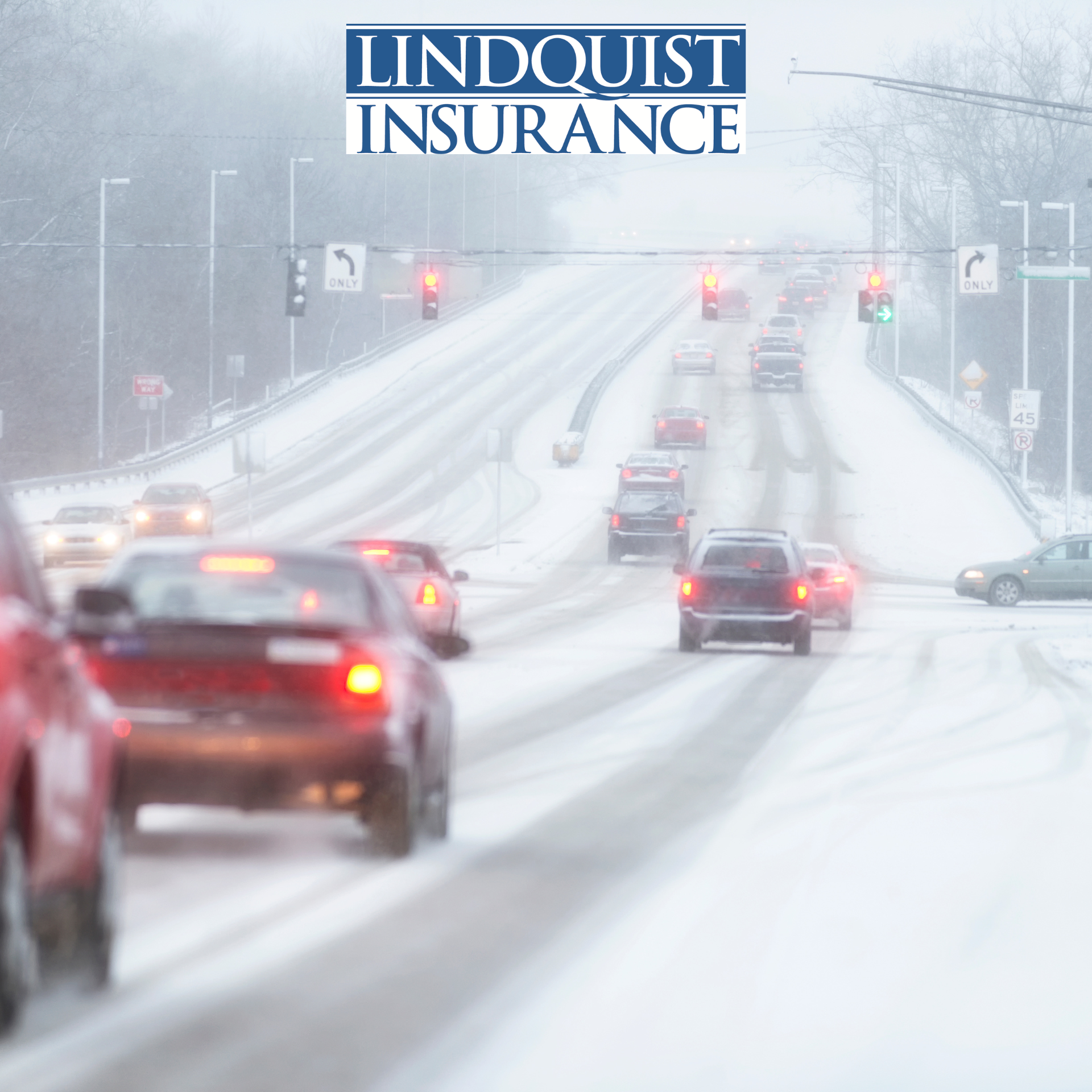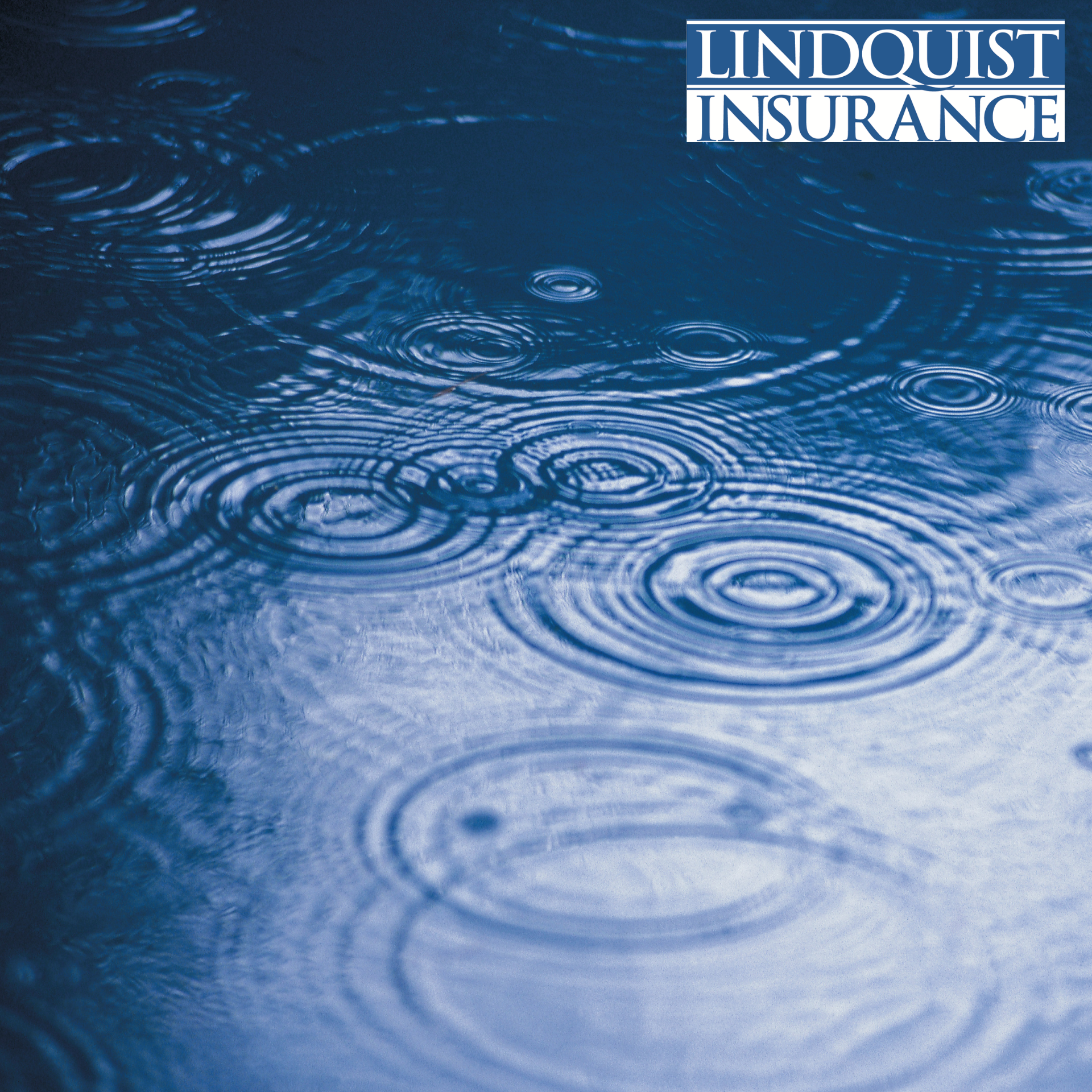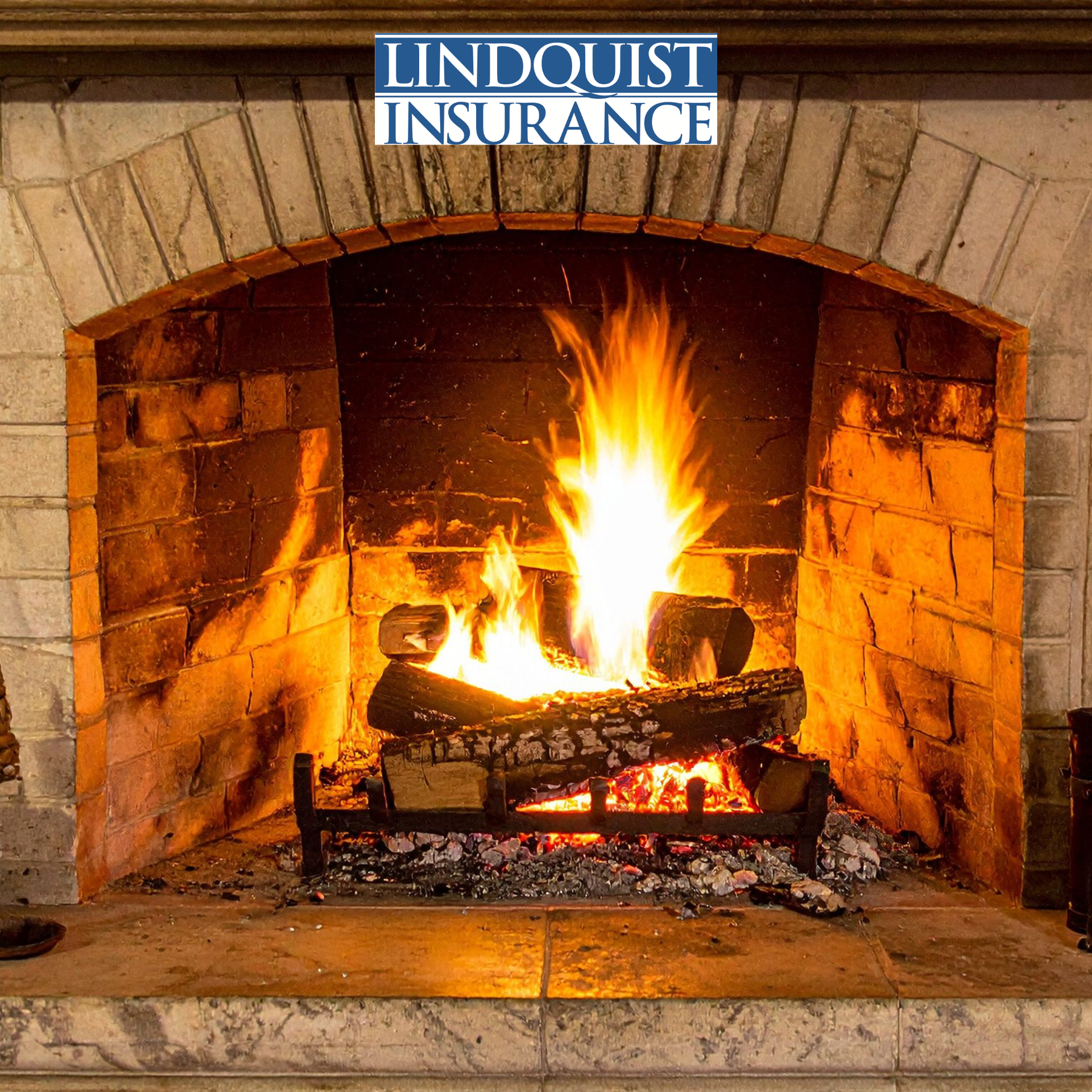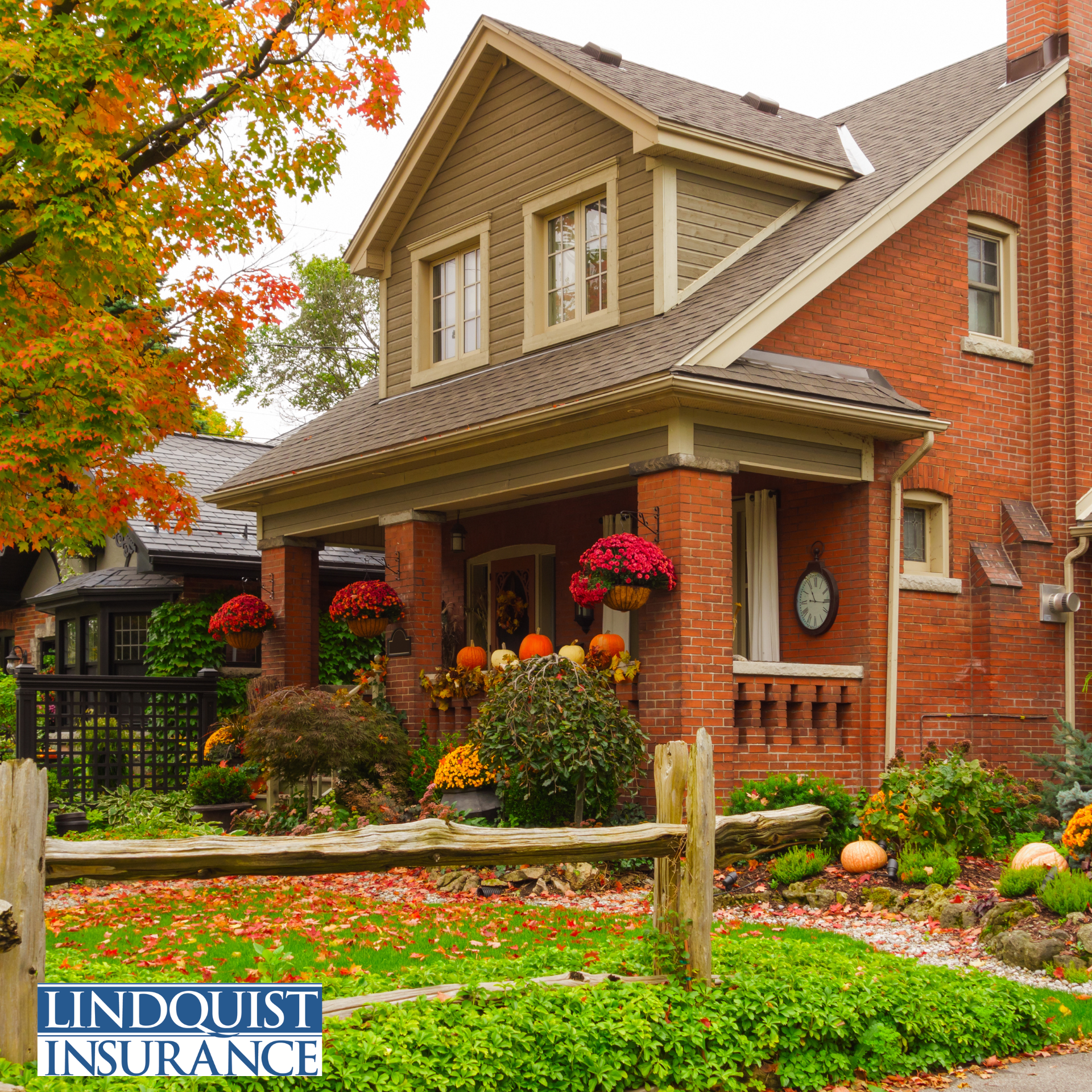How Long Can Your Car Sit Without Driving It?

Sometimes life can be unpredictable. And you may find yourself in a situation where your car — which used to take you back and forth to work every day — is left sitting in the garage.
Whether you’re working from home, following social distancing guidelines or storing your convertible for the winter, parking a car for long periods of time can take a toll on your vehicle.
The result? You may have trouble getting your car started when it’s time for your next drive.
But with the proper preparation, it’s possible to let your car sit for months (or even years) with no issues at all. Here’s everything you need to know to get your car ready for long-term storage.
Do I need auto insurance for a car in storage?
When you won’t be driving your vehicle, it may be tempting to save some money by dropping auto insurance . However, removing your auto insurance can leave your car vulnerable in the event of a fire, theft or other damage that would be covered by comprehensive insurance .
Fortunately, your ERIE auto policy comes with your very own local insurance agent who can help you understand your options and select the amount of coverage that works for you.
Additionally, a lapse in coverage may make insurance more expensive when you decide to insure the vehicle again. Looking for ways to save? Learn more about what affects the price of your auto insurance or available auto insurance discounts .
How long can you park your car without driving it?
The time it takes for your vehicle to be damaged by long-term storage will vary based on several factors, including the location of your parked car and how well you prepared it. However, the negative effects of time on an undriven vehicle can be observed sooner than you may think:
- Fuel:
Did you know that gasoline can go bad? When it’s not in an airtight container, fuel reacts with oxygen, which causes it to degrade. This process begins after about 30 days. And it only takes three-to-six months for a tank of gas to go bad. Old gasoline loses its engine-igniting abilities and develops gummy deposits and varnish which can damage other components of your car’s fuel system.
- Battery:
When you’re driving your car frequently, a battery should last between three and five years. But when your vehicle is sitting, your car’s battery will likely go dead in just two or three months. Why? Because when you drive your car, the vehicle's alternator continually recharges the battery to replenish the power you’re using. No driving means no charging — and a dead battery.
- Rust: Rust is another byproduct of oxidation — and it’s highly dependent on the environment where your vehicle is parked. Because rust requires water to form, damp conditions will often lead to rusted metal. And chemicals, like the salt used on winter roads, accelerate the process. You can expect bare metal to start forming surface rust in less than a week. The more time your vehicle is left unprotected, the deeper the rust can form.
- Tires:
When your car sits stationary for a long period of time, flat spots can start to form in the tires. Essentially, the tires develop a type of memory that prevents them from being completely round. This phenomenon causes vibration when you drive the car after storage. Flat spots can begin to form after a month of a car sitting parked — and they’re made worse by low tire pressures. In many cases, driving a car for a while after storage can remove the flat spots. But often, the damage can be permanent, requiring a new set of rubber.
- Belts and Hoses: As rubber components age, they can start to dry out and crack. Because drivers are accustomed to replacing most vehicle parts based on mileage, they may neglect to inspect their belts and hoses. But when a vehicle is in storage, these parts may need to be replaced in as little as three-to-five years.
- Pests: For that mouse in your garage, a parked car can become a ready-made home. And when they move in, mice can do major damage to a vehicle — chewing wires, plastic and insulation to build their nest. Rodents can move in overnight. And the longer they’re left undisturbed, the more damage they can do. See for yourself in our video, “Rats in the Hood.”
How do I prepare my car for storage?
We’ve looked at the damage that can be done if you let your car sit without any preparation. But luckily, a little prevention is all it takes to protect your vehicle and keep it running smoothly — long after it’s been parked.
- Add fuel stabilizer.
To keep your gasoline from degrading, add a chemical fuel stabilizer to your gas tank. Products like STA-BIL® can be purchased at any auto parts store and will keep your fuel fresh for up to two years. Just follow the instructions on the container. Measure the appropriate amount of stabilizer, pour it in your gas tank, then top off the tank with gasoline.
- Charge your battery.
Preventing a dead battery is as easy as hooking it up to the right charger. Keep in mind that there are two types of battery chargers — one is designed to quickly charge a dead battery; the other is designed to maintain a charged battery. You’ll want to buy a battery maintainer or “trickle” charger. These chargers, which can be purchased at any auto parts or hardware store, are designed to be left plugged in and connected to your car the entire time it’s parked. They send a slow, steady stream of electricity to maintain your battery’s charge.
- Wash your car.
Before parking your car, give it a good wash. Removing all the dirt and other contaminants, like road salt, will help prevent rust and paint damage. If you’re in an environment where rust is common, you may also want to consider a vehicle undercoating or other rust-protection.
- Keep it covered.
If you’re going to park your vehicle for a long period of time, it’s best to leave it in a controlled environment — like your garage. If you don’t have a garage, invest in a car cover to keep dirt and moisture away. And avoid parking on grass — the excess moisture underneath the vehicle can accelerate rust.
- Put it on blocks.
To prevent flat spotting your tires, you may want to consider putting your car “on blocks.” You can do this by jacking up the vehicle and safely supporting it with jack stands. By taking the weight off the tires, you’ll avoid tire deformation.
- Add fresh fluids.
If you plan to park your car for more than a few months, consider changing the fluids. Used engine oil, brake fluid and power steering fluid trap contaminants that could damage your vehicle over time. By adding brand new fluids, you’ll give your car a better chance of avoiding any future issues.
- Don’t engage the parking brake.
Under normal circumstances, it’s wise to use your vehicle’s parking brake. But when storing your car for a long period of time, rust can cause the parking brake shoe to fuse with the drum or rotor, leaving you stuck. If you want to prevent your car from rolling, use a block or wheel chock behind a tire instead.
- Mouse-proof your car.
To keep rodents away, consider adding some mouse repellents inside and under your vehicle. Mousetraps, scent deterrents and even electronic sound deterrents all make for good options.
How often should I start my parked car?
One of the myths of auto storage is that starting your engine regularly can protect your vehicle while it’s not being driven. The truth is, if you’ve taken the precautions outlined above, simply idling your car can do more harm than good.
When you start your car without driving it, or only take a short trip around the block, your vehicle won’t reach its full operating temperature. This leaves condensation in the exhaust and oil which won’t be burned off — and can cause damage in the long run.
Of course, it’s better to drive your car than to leave it sitting. If you want to take it out for a spin a few times a month, make sure you drive for at least 10-15 miles and reach speeds above 50 mph.
Get sound advice from a professional you trust
At ERIE, our local agents live and work in the same communities you call home. When it comes to your auto coverage, your local agent is ready to help you make the best choices for your situation. Talk to your local ERIE agent or get a free online auto quote.
The post How Long Can Your Car Sit Without Driving It? appeared first on Lindquist Insurance.










Share On: